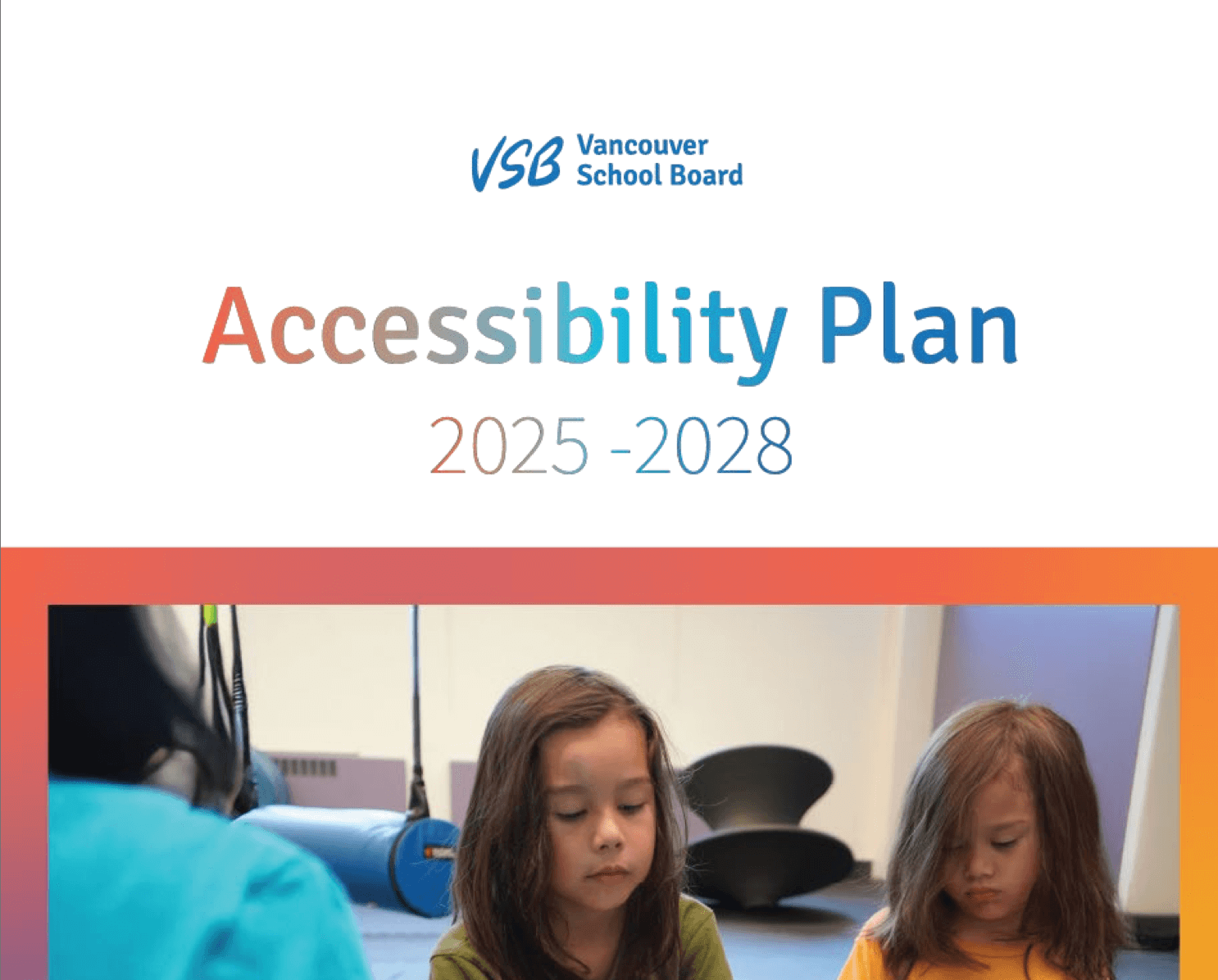A learning module for educators, caregivers, and community members resisting austerity logic in public systems.
Engineered scarcity operates like a slow haemorrhage, draining public education of the resources it owes every child while masking that attrition behind soothing administrative dialects; this primer sets out to rupture that façade by naming, in alphabetical precision, the tactics that normalise deprivation and then blaming those who suffer for failing to thrive in the vacuum.
Each flip-card distils a concept to its linguistic core, unmasks the policy manoeuvre at work, and offers a prompt crafted for immediate deployment—whether in a staff meeting, a parent-teacher conference, or a ministerial briefing—so that readers can replace muted frustration with analytic clarity and strategic resolve. Words are leverage. Use them to prise the machinery open. Enjoy!


























